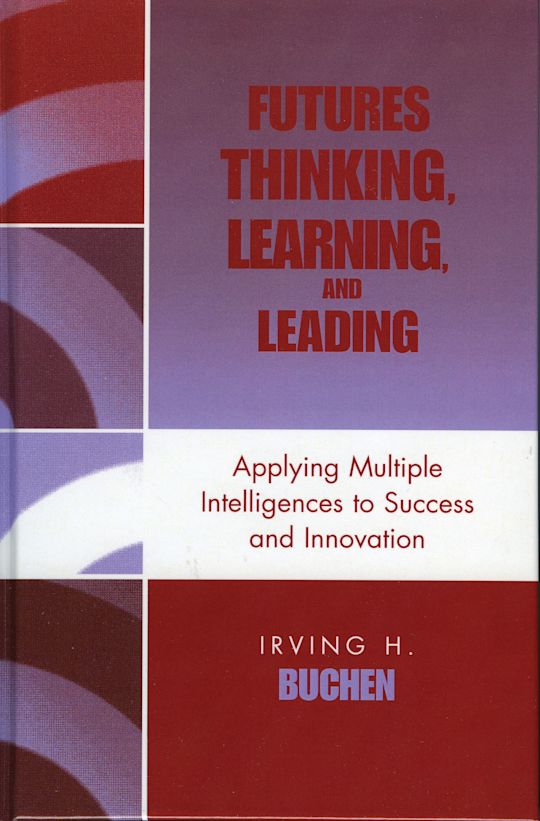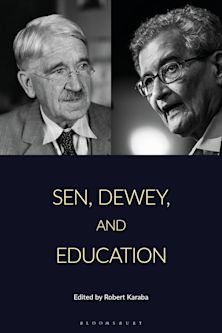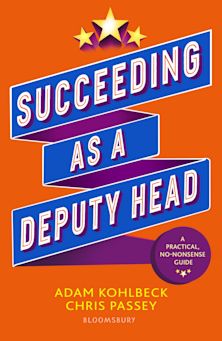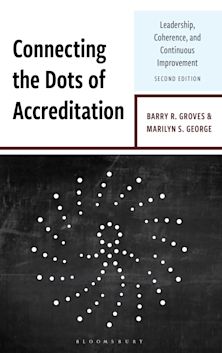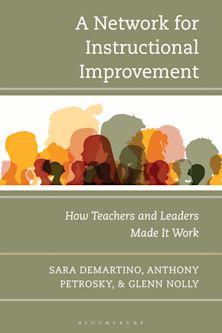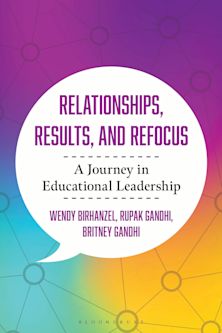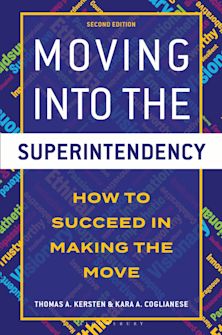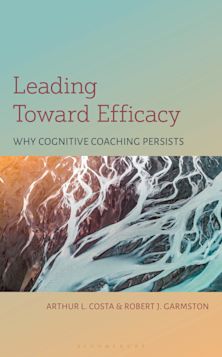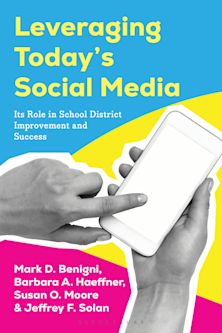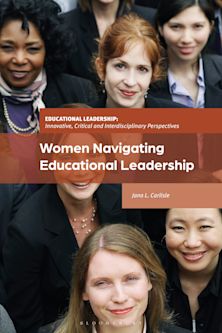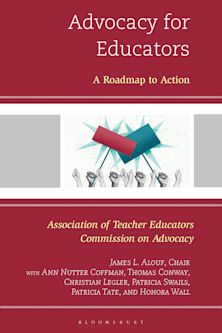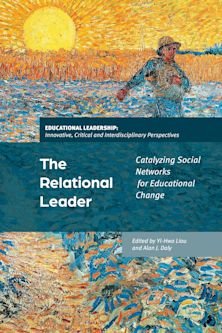- Home
- ACADEMIC
- Education
- Leadership and Management
- Futures Thinking, Learning, and Leading
Futures Thinking, Learning, and Leading
Applying Multiple Intelligences to Success and Innovation
Futures Thinking, Learning, and Leading
Applying Multiple Intelligences to Success and Innovation
This product is usually dispatched within 3 days
- Delivery and returns info
-
Free CA delivery on orders $40 or over
You must sign in to add this item to your wishlist. Please sign in or create an account
Description
Futures Thinking, Learning, and Leading: Applying Multiple Intelligences to Success and Innovation explores the extent to which our thinking, learning, and leading are influenced and shaped by the future. In the process, professionals and organizations are classified into three basic types: future-oriented, future-poised, and future-driven. The last group typically includes divergent and convergent thinking and planning and routinely integrates, rather than separates, thinking, learning, and leading. The net results are the new norms of anticipatory management, holistic 360-degree forecasting and planning, and the productivity of innovation. Finally, leading has to epitomize the whole-it must be alive to the future and understand and incorporate into decision making how the future itself thinks, behaves, and learns.
Buchen provides:
· a comprehensive survey of contemporary work environments
· an evaluation of their future learning and unlearning training systems
· a series of recommendations for developing a future-driven organization and workforce
Also, Futures Thinking, Learning, and Leading identifies innovation strategies and the major new thinking systems, describes the steep learning and leading curves of the 21st century, and explores transition training. This book is suitable for business leaders and managers, human resource professionals, personnel recruiters, professional trainers and coaches, and colleges and professors of business.
Table of Contents
Chapter 2 Disturbing the Future: Millenarian Ignorance and Arrogance
Chapter 3 Future Agendas: The Science Fiction Model
Chapter 4 Shaping Future Agendas: The Futurists' Model
Chapter 5 "The Great Convergence": Visionary Illusion or Megatrend
Chapter 6 Putting Forecasts on Trial
Chapter 7 Overview of Future-Driven Applications
Chapter 8 The Anticipatory Servant Leader
Chapter 9 Proactive Management of Human Capital
Chapter 10 Chief Learning Officers as Leaders of Universities: Redundant? Or Renewing?
Chapter 11 Transition Training as Future Training
Chapter 12 Anticipatory Performance Review
Chapter 13 Future Management Metamorphosis: Employees as Managers
Chapter 14 Testing -Embedded Training: Predictive Metrics
Chapter 15 Work Covenants as Progressive Empowerment
Chapter 16 Learning Theory-Therapy Crossover: A Future Training Direction?
Part 17 Section II: FTLL, Multiple Intelligences, and Learning Diversity
Chapter 18 Progressive and Circular Problem Solving
Chapter 19 Multiple Intelligences, Cognitive Science, and Genetics
Chapter 20 The Optimal Taxonomy of Human Learning Capacity
Chapter 21 Multiple Intelligences and Human Control
Chapter 22 Executive Coaches and Trusted Advisors: Leveraged Influence, Leadership Paranoia, and MBA Guidance
Chapter 23 Understanding and Multiple Portals
Chapter 24 Diagnostically Driven Training
Chapter 25 Multiple Intelligences Application: Learning Success Center
Chapter 26 The Multimodal Journey of Managers
Chapter 27 Business Applications of Multiple Intelligences
Part 28 Section III: Innovation
Chapter 29 Innovation Rites of Passage
Chapter 30 Creative Thresholds
Chapter 31 Radical Breakthroughs
Chapter 32 Innovation Training
Chapter 33 Breaking Up Innovation Log Jams
Chapter 34 Balancing Innovation and Standards
Chapter 35 Imitation, Intuition, and Innovation
Product details
| Published | Mar 17 2006 |
|---|---|
| Format | Paperback |
| Edition | 1st |
| Extent | 252 |
| ISBN | 9781578863556 |
| Imprint | R&L Education |
| Dimensions | 231 x 149 mm |
| Publisher | Bloomsbury Publishing |
About the contributors
Reviews
-
Buchen illustrates via examples, stories, metaphors, and similes and uses first-person point of view to invite reader engagement and aid comprehension. Recommended.
Choice Reviews
-
Arguing that there are multiple intelligences, he discusses management, human learning and human capital, and innovation. This book is intended for professionals in business, human resources, and personnel recruiting.
Reference and Research Book News









